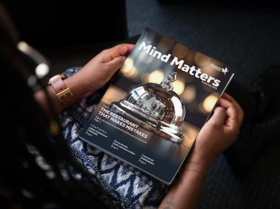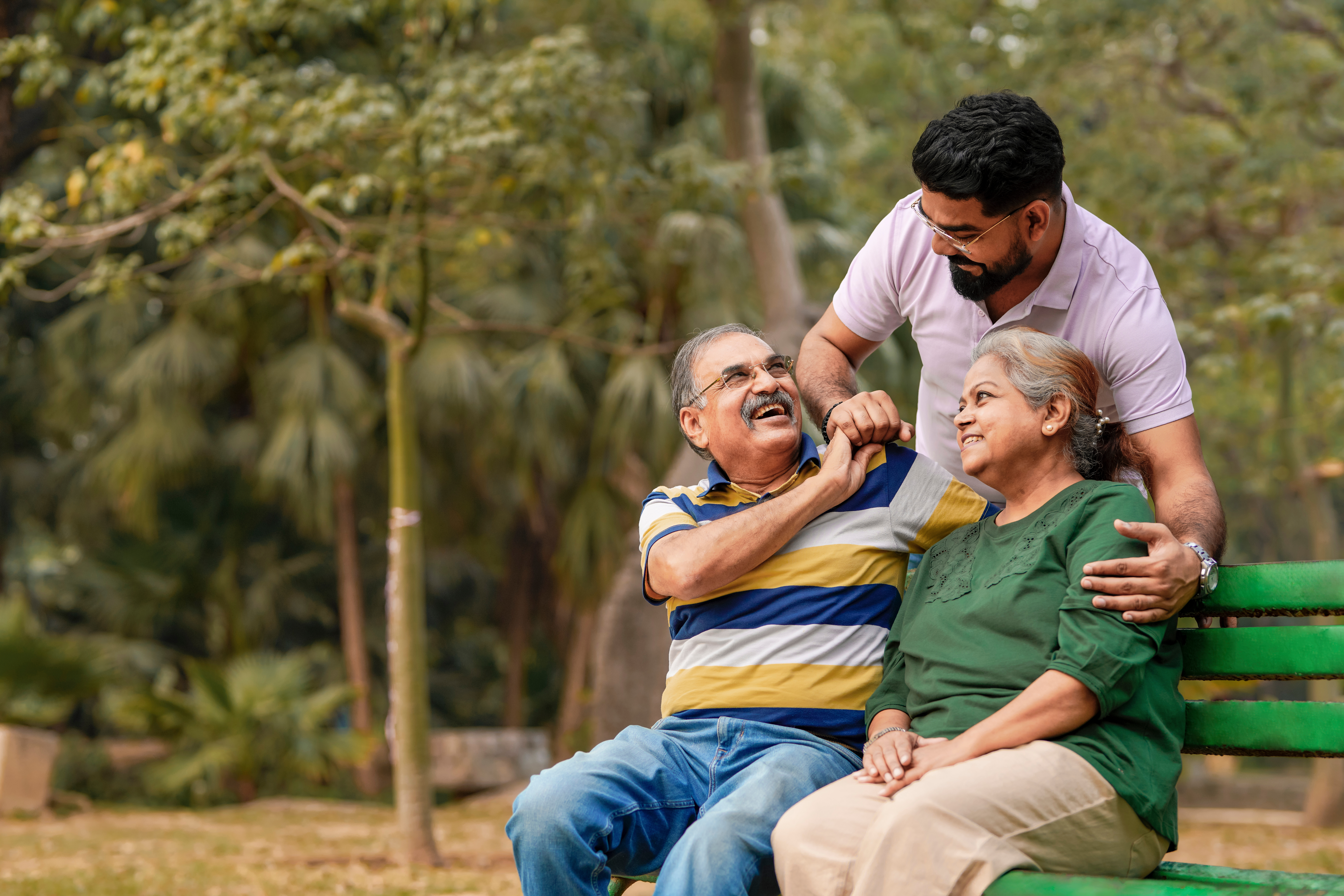Getting a diagnosis of Dementia
All of us have trouble with losing and remembering things from time to time and there is nothing unusual about this. However, if you or someone close to you, is experiencing a noticeable change in memory and/or other symptoms such as confusion, poor concentration, mood changes and difficulty with everyday tasks it is important to get these checked out with the G.P.
There are some good reasons for doing this. These symptoms may result from a cause that is treatable such as depression, bereavement, infections and vitamin and thyroid deficiencies. But if it is due to dementia there are positive reasons for gaining a diagnosis:
- A diagnosis provides an explanation for symptoms and provides an opportunity for gaining information and knowledge
- Medications may help some people, for some time to improve their functioning
- To provide access to a range of practical services to support people to live well
- To give time to make plans for the future.
The following quotes show how some of our Dementia clients reacted to a dementia diagnosis:
“The diagnosis wasn’t a shock it just confirmed what we knew. We just keep going with life and treat everything normally, like the activities we’re involved in, we keep going. It gives you answers a diagnosis, that’s all. Life goes on. It does.”
“My life hasn’t changed a lot, I’m still doing much the same things as I was but it takes me a bit longer, but it otherwise hasn’t changed a lot. I still belong to my church group and my Probus Club. I still go to those things and I’m still driving”.
Dementia affects each person in a different way, but generally people may experience difficulty with:
- Memory impairment
- Language, for example, forgetting words or using the wrong words
- Motor activities and coordination, for example, doing up buttons
- Concentrating, planning or organising
- Recognising or identifying objects
Information Sheet
What can I expect from my GP appointment?
The GP will take a full history and will usually need to talk to someone who knows the person. They will examine them for any medical or psychological problems that could be causing these symptoms. The GP may get the Practice Nurse to do a memory test in another room (usually the 30-question Mini ACE test) or do it themselves in front of you. They will order some blood tests and maybe a CT head scan.
If things are not straight forward you can ask for a specialist referral – you can go public or private, going private may be quicker however the services offered in the public system are usually more comprehensive for the ongoing support, review and complexity of dementia along the way.
Feelings after a diagnosis
Reactions to a diagnosis of dementia can range from disbelief and shock to relief at having an explanation for what is happening. Often there can be a wide range of different reactions within a family. However expected or unexpected the diagnosis is, it still takes time and energy to process and adjust to the changes that come with a chronic and unwelcome health condition.
“My reaction was, it’s a big shock to you – you realise that life is going to be different now, that things are going to change and it’s not going to be the same as it was”
“Friends said ‘why didn’t you tell us sooner, we knew there was something wrong?’ And I think that says it all … it took family members longer to come to terms with it and it took older family members too long, in fact I don’t think they probably have”.
“The diagnosis was positive; I think because he hasn’t changed at all, he was still the same person”.
“It took a while to realise that I wasn’t going crazy and I wasn’t alone.”
“There’s so many available groups and supports out there now, try not to be scared about it, there’s so much help out there for everyone not just the person who is suffering from it but their family as well because it’s hard on everyone”.
Finding Support
For some people one of the most powerful ways of coming to terms with a diagnosis of dementia is to talk to other people in the same situation. Discussing hopes and fears with others facing the same issues can help reduce some of the anxiety and sense of aloneness that a diagnosis can bring, both for people with dementia and those who are supporting them. Understanding that a diagnosis does not change who a person is and that it is possible to still enjoy a good quality of life is an important part of learning to live well with dementia.
What should you do if you are concerned about someone’s cognition?
- Gently approach your family member about the things you have noticed. No one responds well to being confronted with the mistakes they are making. Talk to them about your concerns and suggest you go together to the GP for a “checkup”. Depending on the situation it may be easier for a family member to talk to the GP alone first. When the GP sees the person it is important that someone who knows them well goes with the person.
- Let the GP know about your concerns prior to an appointment so they are engaged and prepared.
- When bringing the person in to see their GP book a double appointment for 30 minutes so there is less time pressure.
- Talk with the GP about the best way to proceed in the appointment. The GP may plan for the person to be seen by the Practice Nurse for a Memory Test while you talk through your concerns.
- Write down your concerns and any incidents that have occurred.
- Be honest and tell the GP what’s really going on,
- Check if there is any blood or urine tests the GP would like done before the appointment.
- If the person with the cognitive issues refuses to go for a cognitive assessment, they may still go for other conditions e.g. a blood pressure check. Let the GP know in advance about your concerns and if you do not want the person to know you have contacted the GP. (They will bring up the issue in some other way.) It is vital that someone provides the doctor with additional information that the person may not disclose or even be aware of.
Why is it important to get an early diagnosis?
- It could be something else. There are treatable medical conditions that can look like dementia.
- As with any disease, the sooner a diagnosis is made the sooner the person and their family can get onto ‘putting all their ducks in a row’.
- Early diagnosis allows the person time to adjust, come to terms with what is happening, plan for the future and set priorities as to how they chose to live in the next few years.
- Research shows that the earlier the diagnosis, the better the person with dementia and family cope. Often people are very relieved to understand why their relative has changed.
- Everyone can get support and education on how to cope with dementia. Dementia NZ offers support, advice, education and navigation through the journey of dementia.
- Medication and other activities (such as cognitive stimulation therapy) may slow down the progression.
- Family / whanau can do some future planning such as appointing an Enduring Power of Attorney, making an Advanced Care Plan.
- As you can both do the things that you’ve always meant to do, while you still can.

